EPS
Description
Polystyrene foamPolystyrene foam (Expanded Polystyrene or EPS) is a lightweight polymer polymer. It is a foam agent with polystyrene resin, while heated to soften, producing gas, forming a hard closed-hole structure.
Physical and mechanical properties
1.1Density
The density of EPS is determined by the expansion multiple of the polystyrene particles in the forming stage, generally between 10~45 ㎏ / m3, and the EPS apparent density used in engineering is generally at 15~30 ㎏ / m3. The EPS density currently used as a lightweight filler in road works is 20 ㎏ / m3, which is 1%~2% of the common road filler. Densiity is an important indicator of EPS, with its mechanical properties almost all proportional to its density.
1.2 Deformation characteristics
According to the test, the stress process of EPS in the three-way stress state and the one-way stress state is basically similar. When the axial strain is 5% εa =, the stress strain curve turned significantly and EPS began to show elastoplasticity. When the surrounding pressure is very small, the effect on the stress-strain relations and the yield strength is limited. When the surrounding pressure exceeds 60KPa, the yield strength decreases significantly, apparently different from the change of soil. When the axial strain εa ≤ is 5%, the volume strain εv is near the axial strain εa,, or the EPS lateral deformation is small, or the smaller Poisson ratio.
Performance and development
Expanded Polystyrene has been widely used in many fields due to its excellent lasting insulation, unique buffer, seismic resistance, anti-aging and waterproof. Several famous companies in the world have used different technology, in their fields, constantly develop new products, such as German BASF, DOW chemistry, Japanese water, China jilin tsinghua circle, etc., they not only have the general market, but also in the world, for the development of polystyrene played a leading role.
Because expandable polystyrene (EPS) has many valuable properties, it has been widely used in daily life, agriculture, transportation industry, military industry and space industry, especially in the fields of construction, packaging, electronic and electrical products, ships, vehicles and aircraft manufacturing. Such as television, refrigerator, washing machine, air conditioners, refrigeration system household appliances, electronic instruments, precision instruments, glassware, ceramic products, crafts and other civil light industry products, mariculture fish row, seafood frozen, vegetable preservation, heat preservation box, cold storage, cold storage, refrigerated car, railway, municipal construction, all this cannot be separated from EPS plate and packaging products.

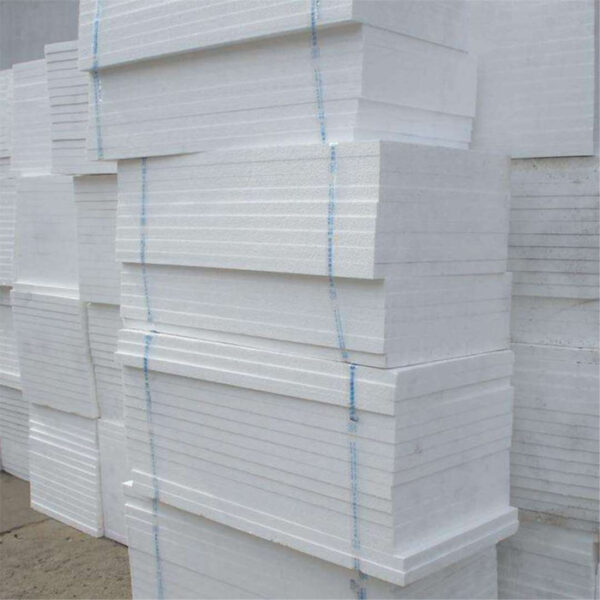
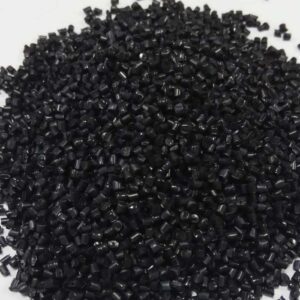
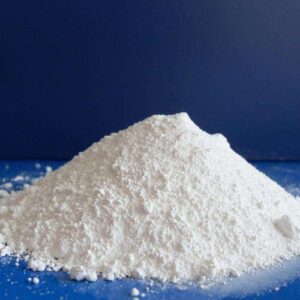
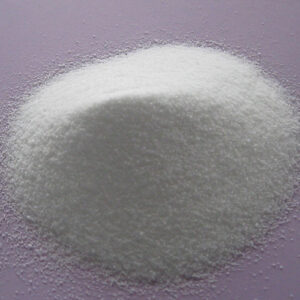
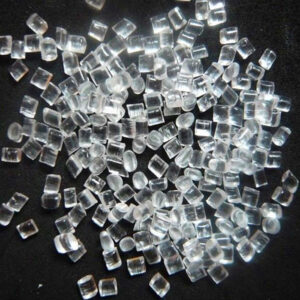
Reviews
There are no reviews yet.